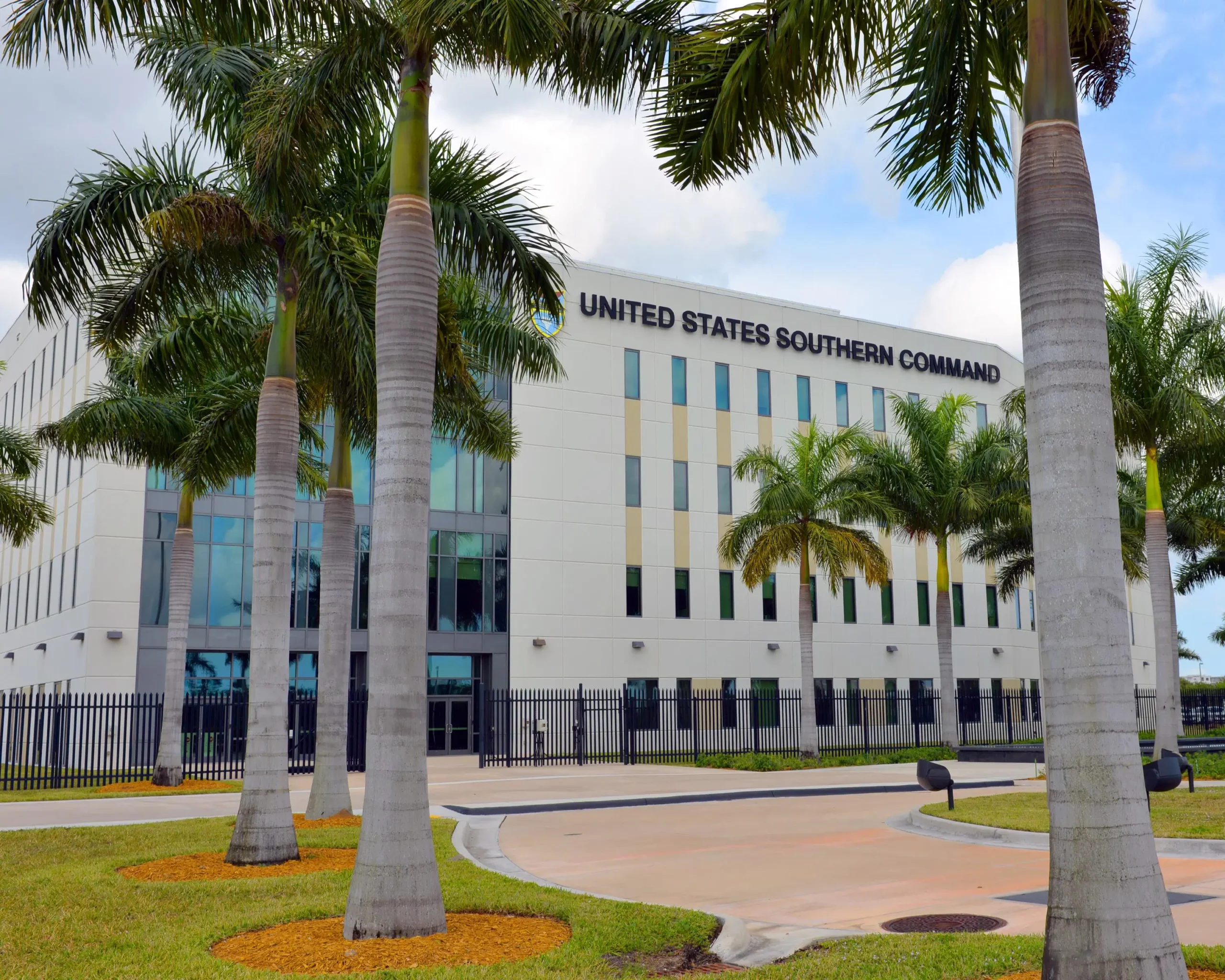Guyana is bolstering its security measures and turning to the U.S. military for help in safeguarding the Esequibo region.
This region, rich in oil, has become a point of contention with Venezuela’s plans to issue oil exploration licenses there.
President Irfaan Ali of Guyana plans to present this issue to the United Nations Security Council on Wednesday.
He seeks the Council’s intervention, as stated in a Ministry of Foreign Affairs release. The move signifies Guyana’s effort to protect its claimed territory.
Venezuelan President Nicolás Maduro has intensified the situation.
On Tuesday night, he directed state oil and mineral companies to start issuing exploration licenses in Esequibo.
This decision has raised the stakes in the longstanding dispute. President Ali, responding to these developments, emphasized Guyana’s stance.
He declared that Guyana would not tolerate any violation of its territory or hindrance to its development.

The Guyanese defense forces are on high alert, and they have engaged with military counterparts, including the U.S. Southern Command.
As Guyana prepares to join the UN Security Council for a two-year term in January, this issue takes center stage.
The country requires a current Council member to introduce a proposal on its behalf. Such a proposal, if approved, would be legally binding.
Guyana maintains its claim to the region
Maduro, in a recent televised address, also demanded that foreign oil companies in Esequibo withdraw.
This command followed a referendum in Venezuela, where voters reportedly supported reclaiming control over Esequibo.
However, Guyana maintains its claim to the region, a matter currently under the International Court of Justice’s review.
Maduro has expressed disregard for the Court’s jurisdiction. Maduro’s actions also serve a domestic purpose.
Analyst Nicholas Watson of Teneo Holdings suggests that these moves aim to rally support ahead of Venezuela’s presidential elections next year.
The recent referendum, however, showed low voter turnout despite government claims.
This dispute, dating back to the 19th century, gained momentum after significant oil discoveries off Guyana’s coast by Exxon Mobil Corp.
In response to Guyana’s plan to grant new oil block concessions, Maduro’s government argued that some blocks are in disputed or Venezuelan waters.

